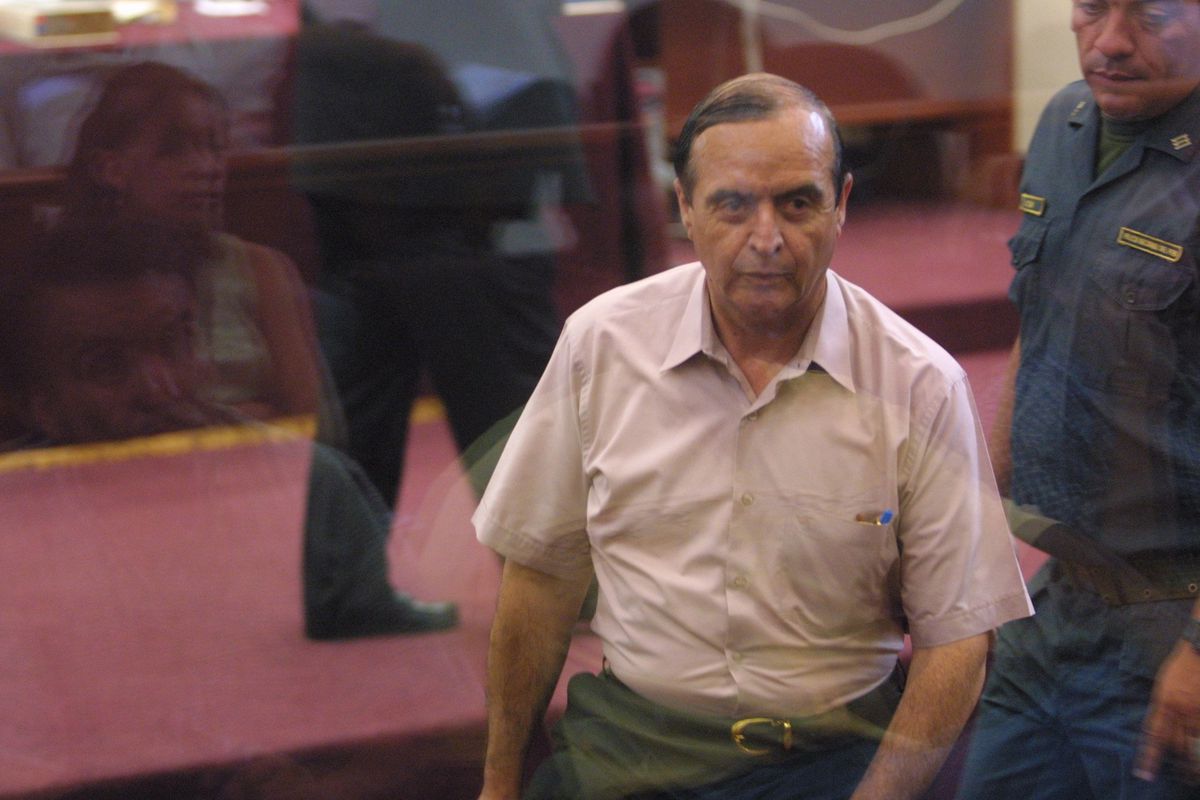In December, Peru’s president, Pedro Castillo, tried to shut down congress to prevent its members from impeaching him. His orders were not obeyed, and hours later he was arrested on charges of rebellion and conspiracy. Awaiting trial, Castillo is believed to be held in a police prison in Lima – the same police prison that houses another former Peruvian leader, Alberto Fujimori.
Fujimori, the son of Japanese immigrants, served as president from 1990 until 2000. Like Castillo, he tried to shut down congress while in office. But unlike Castillo, he succeeded. Backed by the army, Fujimori completely rewrote the country’s constitution, and might have remained in power indefinitely had he not been persecuted and imprisoned for human rights violations. Revered as a conservative strongman – the strongest in recent memory – Fujimori began his career as a political outsider. When he announced his first candidacy, no one thought he had any chance of winning. Today, historians argue the only reason he did win – and kept on winning for so long – was because of the man at his side: Vladimiro Montesinos.
Named after the Russian revolutionary Vladimir Lenin, Montesinos was born in 1945 in Arequipa to communist parents who desperately wanted to be perceived as rich and cultured by their neighbors. Understanding that the army was the only way in which ordinary Peruvians could gain wealth and power, Montesinos’ father arranged for his son to enroll at the famed Military School of Chorrillos in Lima. Although he was an unremarkable student, Montesinos’ passion for reading and obsession with acquiring sensitive information helped him become the single most powerful person in Peru. Following a roundabout path through life, one that involved short prison sentences and multiple career changes, Montesinos eventually found himself serving as the head of his country’s central intelligence network – the Servicio de …
Read More
Author: Tim Brinkhof / High Times








